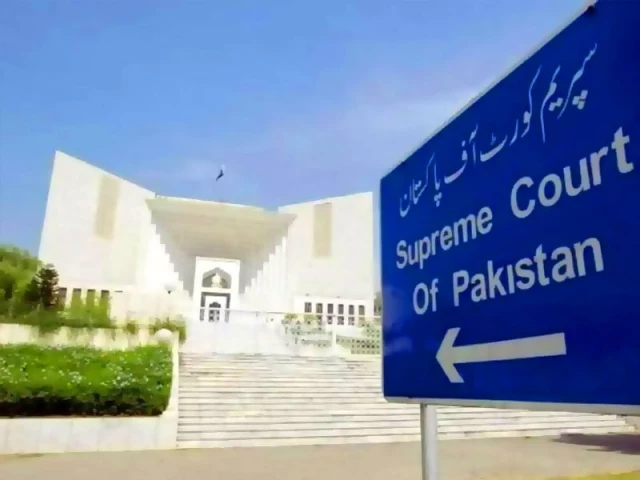Islamabad:
The Supreme Court held that the transfers of judges to the High Court of Islamabad are valid and in accordance with the Constitution, rejecting the petitions which challenged a notification of February 2025 ordering the transfers.
In a detailed judgment of 55 pages, judge Muhammad Ali Mazhar, who is the author of the decision, explained that the transfer of a high court judge to another is not equivalent to a new appointment. The role and status of the judge remain unchanged, despite the change of place. “A transfer is simply a reallocation of an existing resource,” said the decision.
The court also specified that the process of transferring judges under article 200 of the Constitution independently operates the rules governing the appointments under article 175A.
It was also noted that the necessary steps, including consultation with the chief judge of Pakistan and the main judges of the respective high lessons, were followed as required by the Constitution.
The petitioners, including five IHC judges and several bars associations, argued that transfers would be undergoing legal independence and seniority. They challenged the legality to transfer three judges from the provincial high lessons to the IHC.
However, the Supreme Court rejected these allegations, strengthening that the transfers were fully constitutional and legally treated, stressing that they were not new appointments but simply a reallocation of duties.
The judgment also said that the president has the constitutional power to transfer judges from the high court, and this power is separated and distinct from the other provisions of the Constitution.
In addition, the court stressed that the 2010 law of the High Court of Islamabad does not restrict these transfers, and that no violation of the provincial representation has occurred in this case.
This decision establishes a clear precedent that legal transfers, when they are properly processed, do not threaten the integrity or independence of the judiciary.




